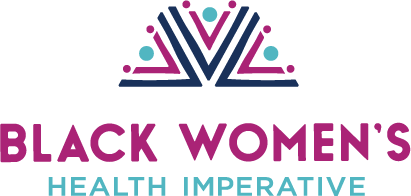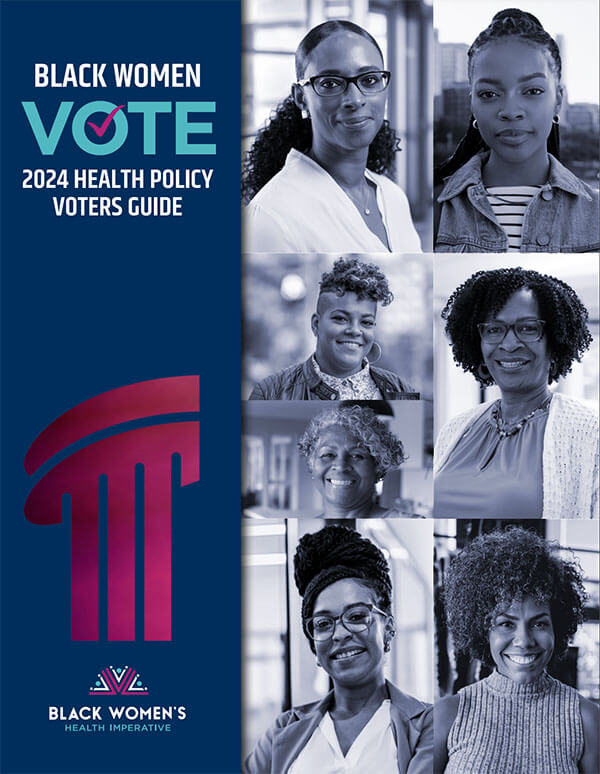
Black Women Vote 2024 Health Policy Voters Guide
At the Black Women’s Health Imperative (BWHI), we are committed to addressing these urgent issues through innovative programs, research, policy, and advocacy that promote the health and wellness of Black women and girls. To support our community during this crucial election season, we are proud to present the Black Women Vote 2024 Health Policy Voters Guide.
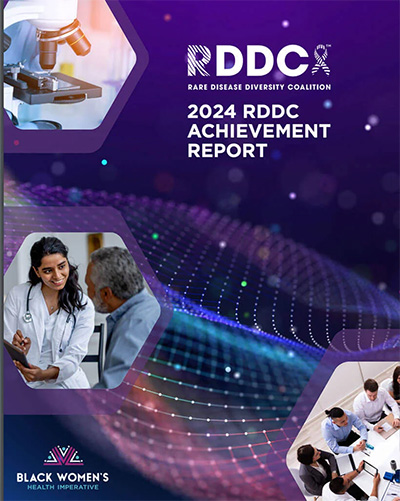
Addressing Health Disparities in Rare Diseases through Comprehensive Data Collection
RDDC believes firmly in collaboration and leveraging the input of stakeholders, including rare disease patients and families, who experience daily the struggles of these issues; patient organizations, who represent and unite those most affected; clinicians and researchers, who drive understanding and evidence across the medical community; private-sector groups, which play a crucial role in supporting research; and policymakers, who drive changes in government policy that lead to progress.
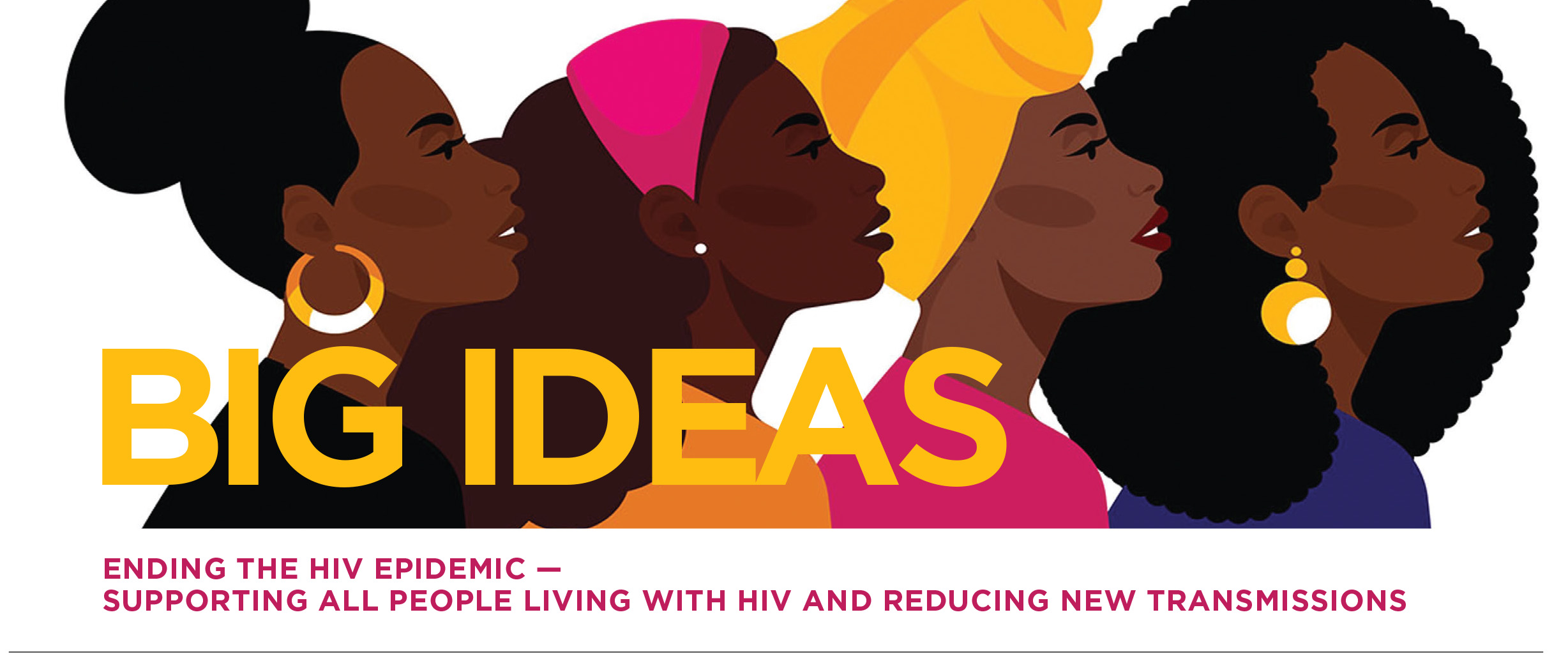
ENDING THE HIV EPIDEMIC:
A Call to Action: Policy Initiatives to End HIV Among Black Women
IN RECENT YEARS, significant progress has been made in lowering rates of HIV transmission among U.S. women, including U.S. Black women. This progress is now at risk. It is crucial to take more focused and strategic actions to protect and enhance this progress by recognizing and empowering Black women as visible and valuable partners in the fight to end the HIV epidemic.
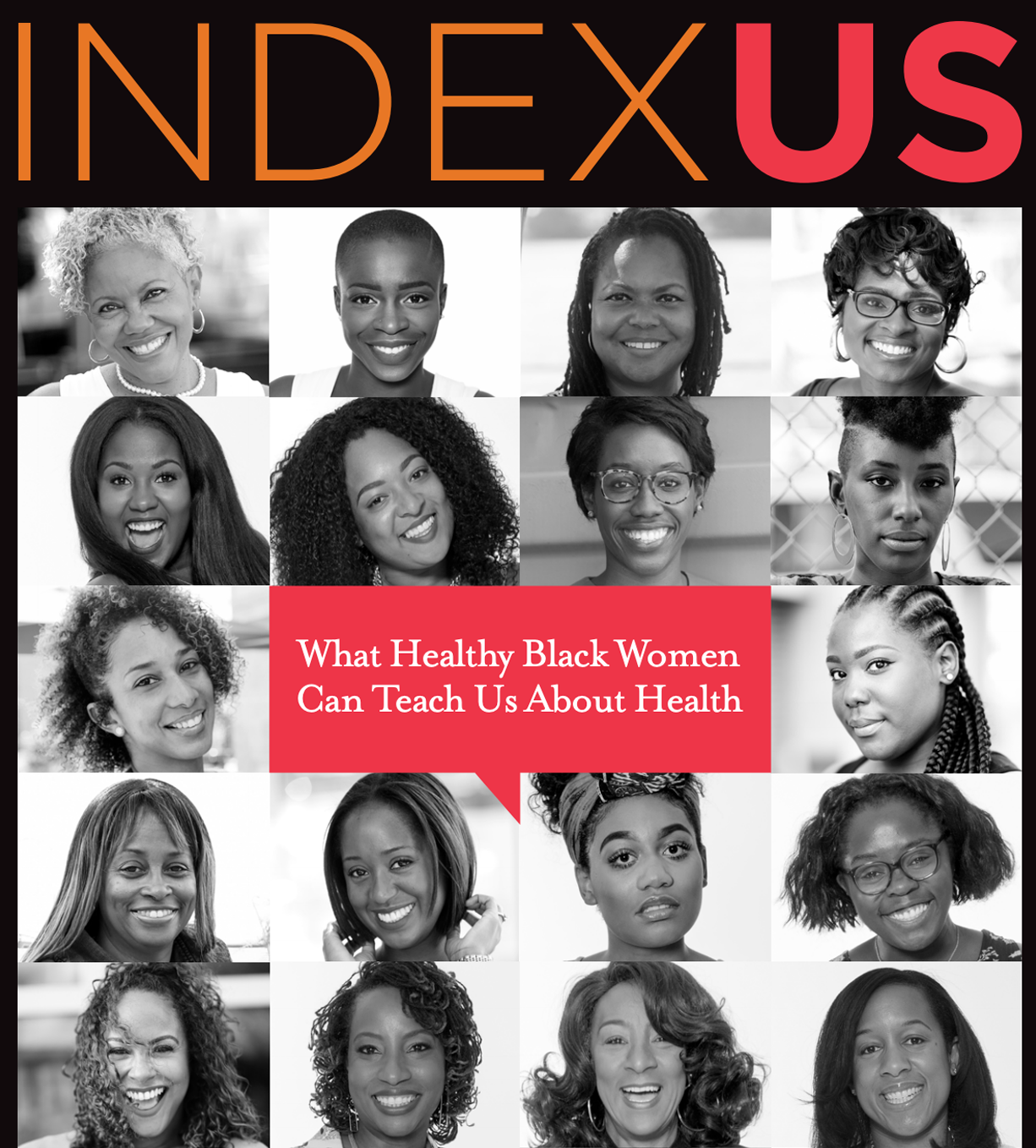
INDEXUS
What Healthy Black Women Can Teach Us About Health
Get the first health index based on healthy Black women. Download your copy of IndexUS: What Healthy Black Women Can Teach Us About Health today!

